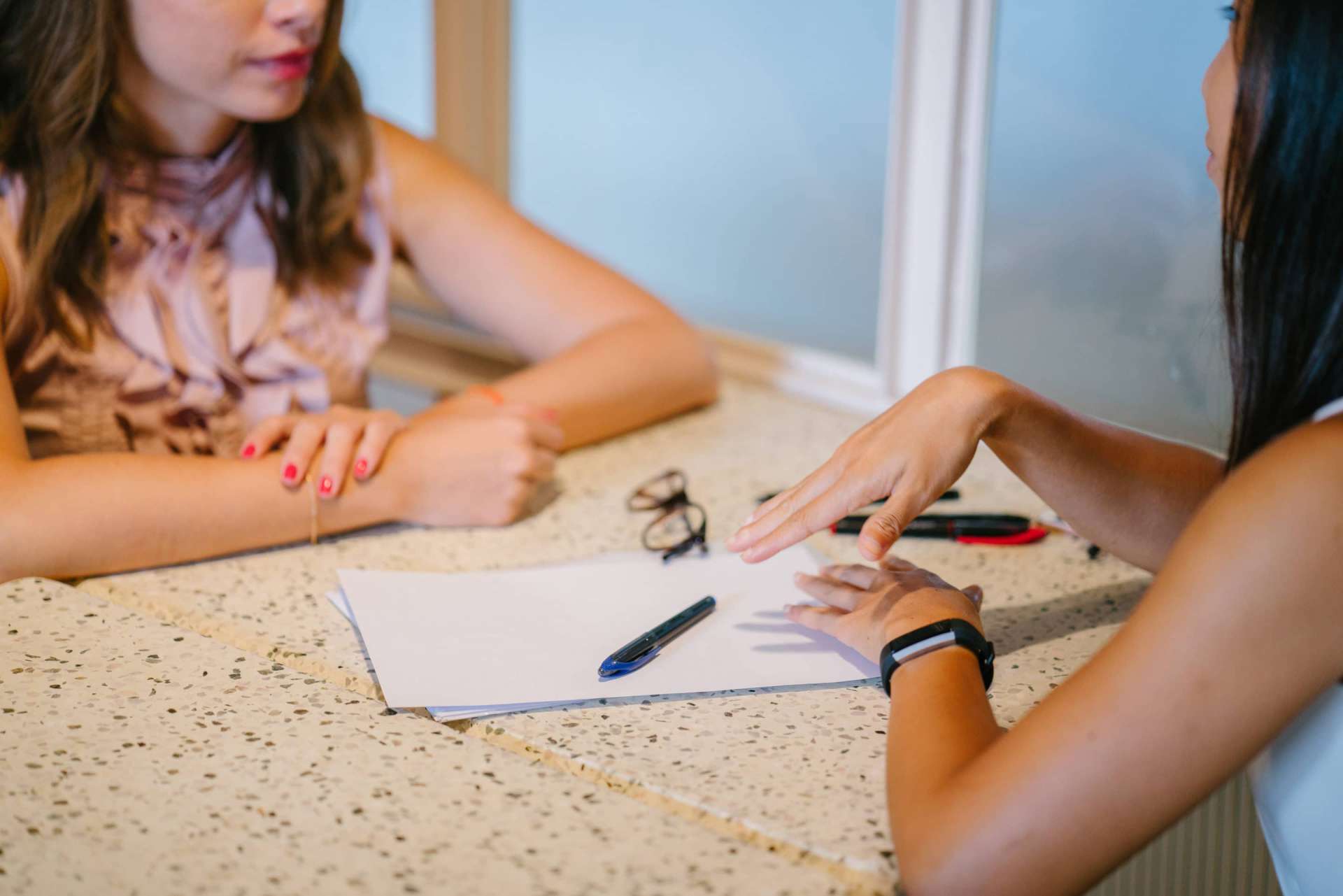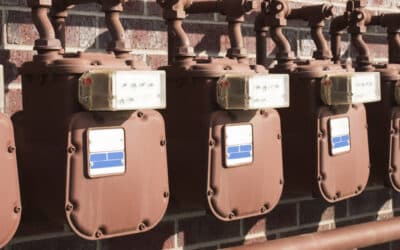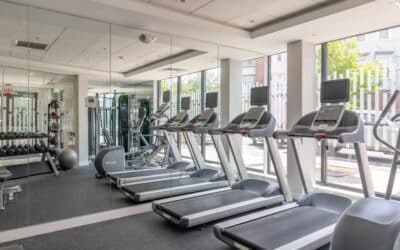What questions should I ask at an apartment showing? If you’re at an apartment showing or about to head to an apartment showing, you should carefully consider all your questions before signing the lease. Once you commit to the lease, you are legally bound. If you are at an apartment showing, consider, among other things, asking these questions.
1. What is the lease term?
Most apartments are usually leased for one year. Some landlords may offer more flexibility and allow you to rent for a shorter or longer time period depending on your specific needs, but you need to know.
2. How much notice before moving out?
Most landlords require you to provide a notice of at least 60 calendar days before moving out. This provides them with enough time to find a new tenant for the property. You may also be required to give this notice in writing or via certified mail to avoid any disputes related to the date of the notice. Ask about it and read the clause in the lease carefully.
3. What is my financial commitment?
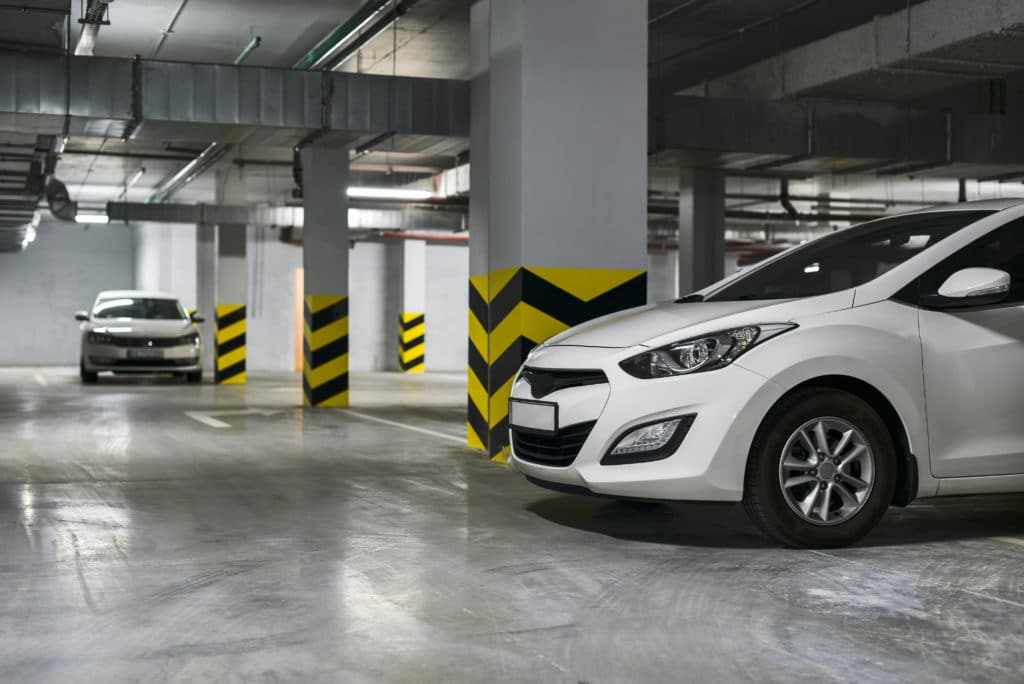
Find out what you have to pay upon move in – this generally includes an application fee, security deposit, first-month rent, additional deposits; and then what you need to pay on a recurring basis (rent, water, gas/electric, other utilities, amenity fees such as parking, pet fees, etc.). Make sure every fee is clearly understood and what the terms are for refunds on the fees (if any).
4. Can I make changes to the apartment?
There may be certain restrictions on what you can and cannot do to the apartment. For example, you will likely not be able to –
- Drill big holes through the walls
- Paint the walls and ceilings
- Change any floors
Some landlords may offer you the opportunity to make a few changes, which may be an additional cost to the base rent you pay, and subject to written mutual agreement and the terms of the lease.
5. Can I have pets?

Before signing a lease, if you have a pet, make sure your landlord/lease permits pets. Your lease should have a clause specifically permitting or prohibiting pets. Any permission to have a pet in a rental property should be in writing and not through a verbal agreement and further subject to the terms in the lease. Keep in mind; you may need to pay a pet deposit or re-occurring pet fees.
6. When can I move in?
Sometimes there may be restrictions regarding when you can move in, which will be detailed in the lease agreement. Ask the agent or landlord and make sure everything is clearly written in the agreement to avoid future disputes.
7. What facilities does my rent include?
Review all the facilities and amenities your rent includes. For instance, does it include?
- Pool or gym within the apartment complex
- Parking
- Trash removal
- Sewer
- Water
- Utilities
Make sure you confirm what your rent covers and any additional amenity costs (if any) you may be required to pay.
8. Will I be refunded my security deposit in full when I move out?
Ask the question. Typically, and it varies by state, landlords are legally expected to return security deposits within 30 days of you moving out or the end of the lease. The landlord may be permitted to withhold some of the deposit in case of any damages that go above normal wear and tear, but the landlord must itemize the damage and the associated cost(s). Be clear what your lease expects you to do once it comes to an end (such as fixing nail holes, cleaning the carpet, and having the apartment cleaned) to avoid losing any part of your security deposit.
9. How is financial security divided between two or more unrelated parties?
Typically, every party living in the apartment is included on the lease because they are responsible for paying their own share. Keep in mind though, that if rent is not paid, all of the individuals listed on the lease can be held fully responsible for paying rent regardless of any agreement between the tenants. For example, if you move into an apartment with a roommate, and he/she doesn’t pay, you could be held individually and jointly fully responsible regardless of any agreement you have with your roommate. You can ask the landlord if they would be willing to sign a lease that separates the responsibility of two or more unrelated parties, but it is unlikely.
10. How do I get repairs and maintenance?
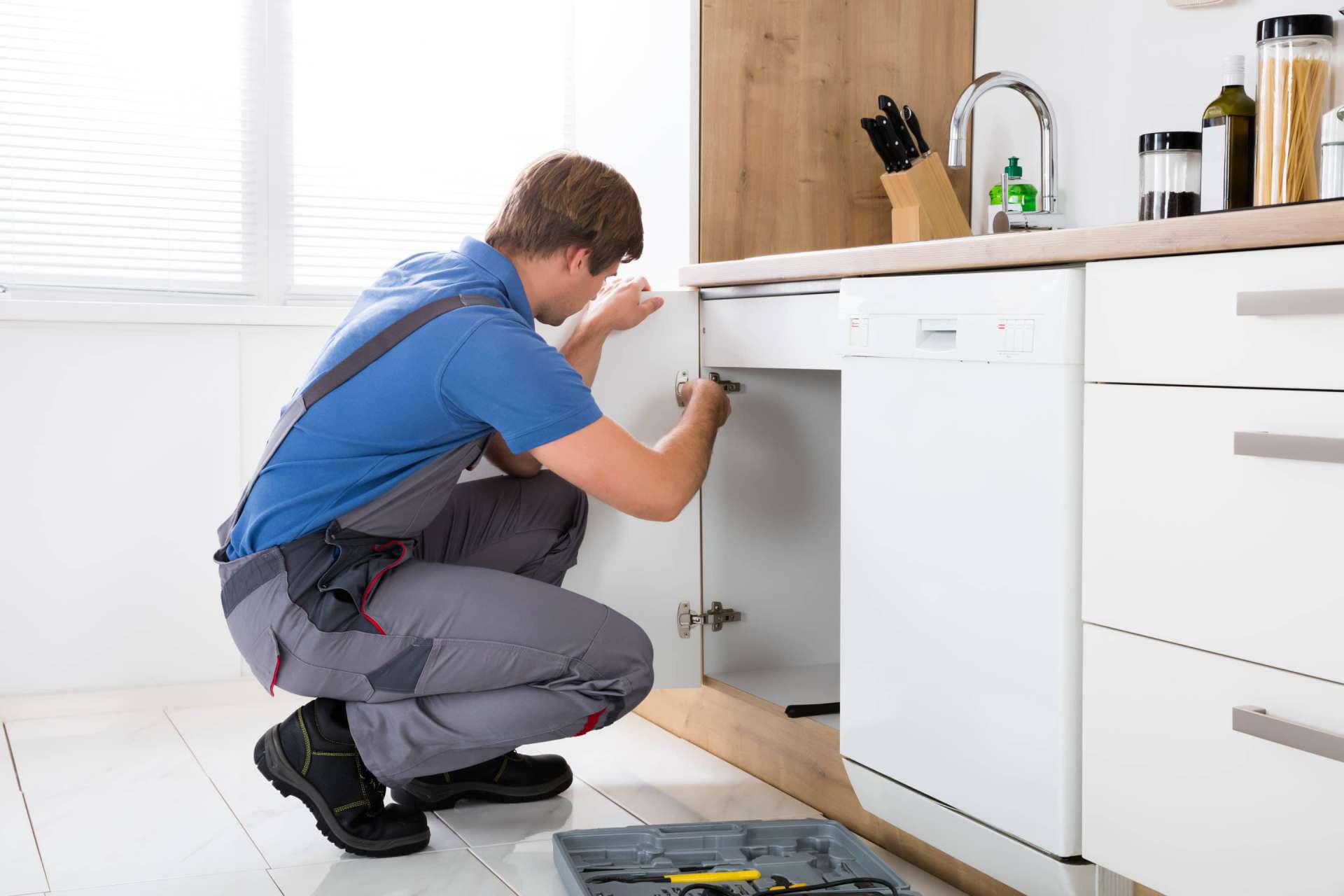
Your lease should have a clause covering repairs and maintenance for your rental and spelling out what is your responsibility versus the landlord’s responsibility. This includes who to call in an emergency for urgent repair requests and who to call for standard repair issues.
11. Is there good sound control?
Ask about sound control measures in place. For example, are the walls, windows, and doors built with strong sound-control ratings.
Safeguard your own interests before moving into a rental by ticking off this checklist beforehand. So if you’re looking for a list of what questions to ask at an apartment showing, now you’ll have a list to start from.

